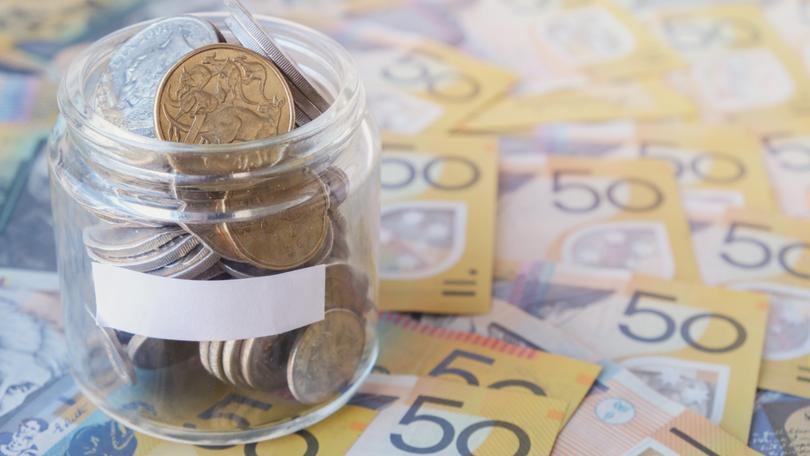Treasurer Jim Chalmers, Stephen Jones reveals list of goods for planned cash mandate

Cash payments will be preserved for “essential goods” such as children’s clothing and supermarket staples but not adult’s garments, cakes or take-away food under a government plan to make sure people can still use notes and coins to pay for things.
Treasurer Jim Chalmers and Assistant Treasurer Stephen Jones have released a discussion paper laying out a proposal for the mandate to come into effect from 2026 and seeking feedback.
It says while cash continues to be accepted at the vast majority of businesses, there is a trend towards digital-only payments.
Sign up to The Nightly's newsletters.
Get the first look at the digital newspaper, curated daily stories and breaking headlines delivered to your inbox.
By continuing you agree to our Terms and Privacy Policy.But the Government wants to make sure cash is still accepted for essential goods and services because it maintains social inclusion, is reliable when technology is disrupted such as during natural disasters or internet outages, has greater privacy and trust, and in many cases helps people with budgeting.
“People are increasingly using digital payment methods, but there will be an ongoing place for cash in our society under the Albanese Government,” Dr Chalmers and Mr Jones said in a joint statement.
“For many Australians, cash is more than a payment method, it’s a lifeline. Mandating cash for essential purchases means those who rely on cash will not be left behind.”
The proposed mandate would have three elements: applying to businesses supplying essential goods or services, offering in-person payments and which are not small businesses with turnover below $10 million.

Treasury contemplated a range of definitions of “essential” goods and services and is proposing a list based on CPI categories, saying these are things needed “to meet absolute basic needs, are critical to maintaining day-to-day living arrangements, or are compulsory”.
It includes most bread and cereal products, meat, seafood, milk, cheese, fruit and vegetables, coffee, tea and cocoa, medicines, medical and dental services, children’s clothing and shoes, postal services but not parcels, pet products, vet bills, petrol and vehicle servicing.
Water, power and gas bills, where the provider offers an in-person payment option, would also be included.
It’s envisaged the mandate would most likely apply to supermarkets, department stores, hardware stores, pharmacies, GP and dental clinics, petrol stations, mechanics, pet stores, vets, post offices and phone stores.
Cafes and bottle shops would not be forced to accept cash.
Nor would government services such as issuing passports, vehicle registrations or waste disposal, although the paper notes they would “carefully consider the impact of payment methods”.
To make things easier for businesses in terms of handling cash, it is also contemplating making the cash mandate only apply below a certain dollar limit, between particular times such as 6am-10pm, or a combination of the two.
The mandate would not apply to online purchases.
Treasury is taking feedback on the proposals as well as seeking other reasons why people prefer cash to digital payments by February 14.

